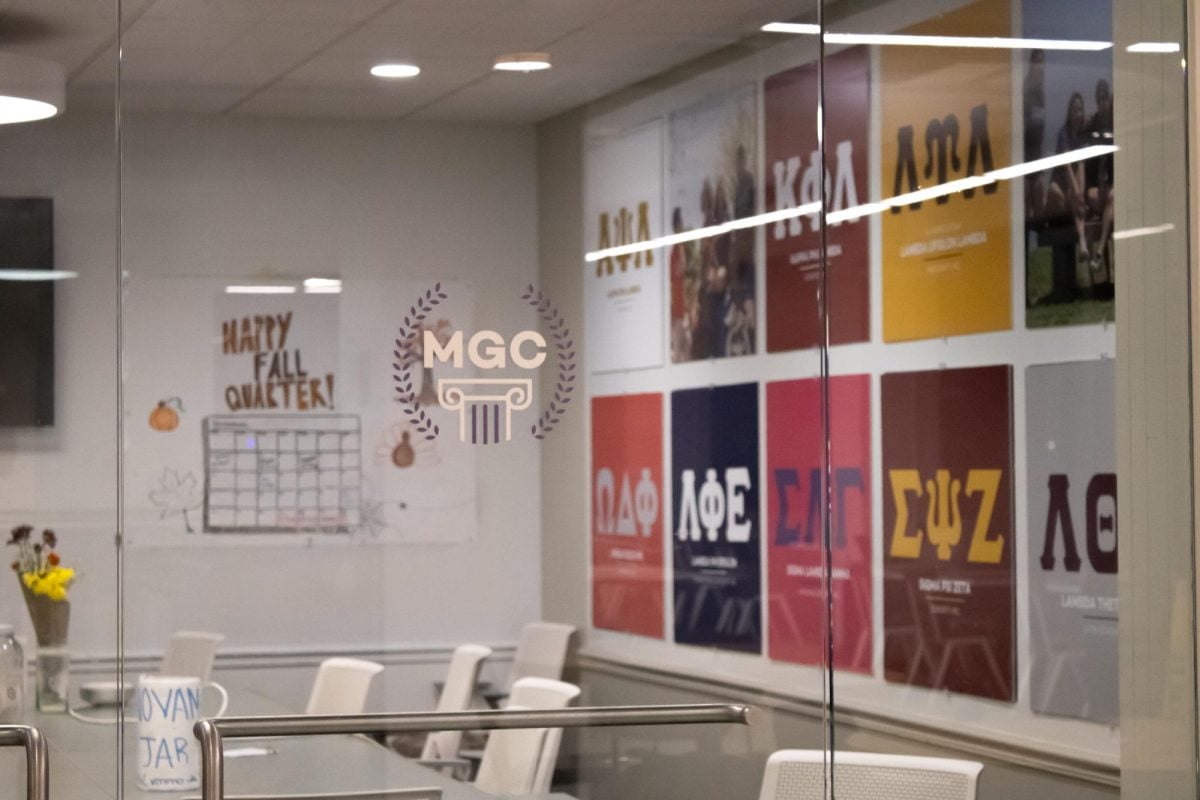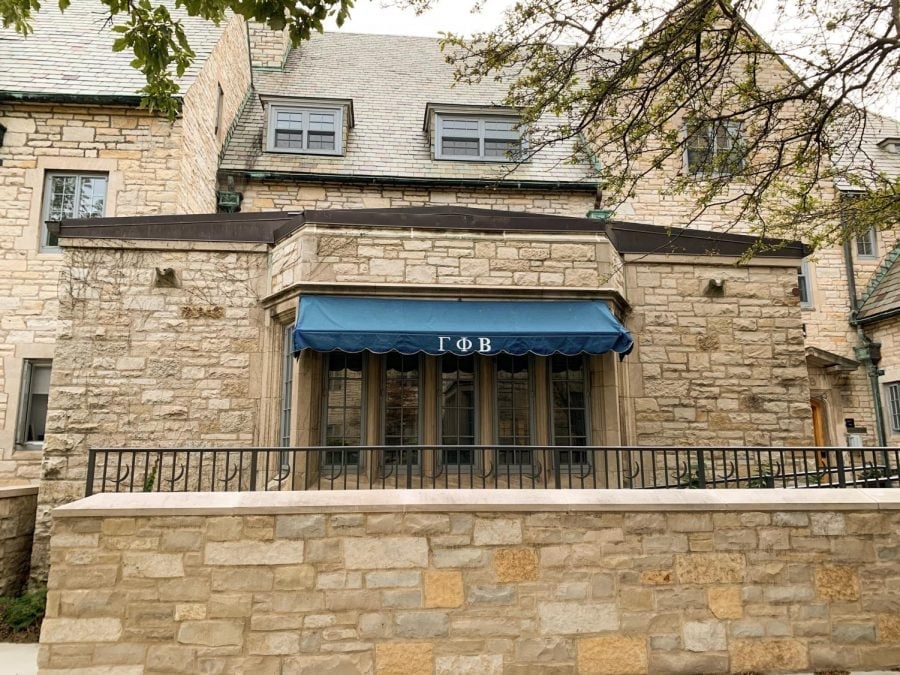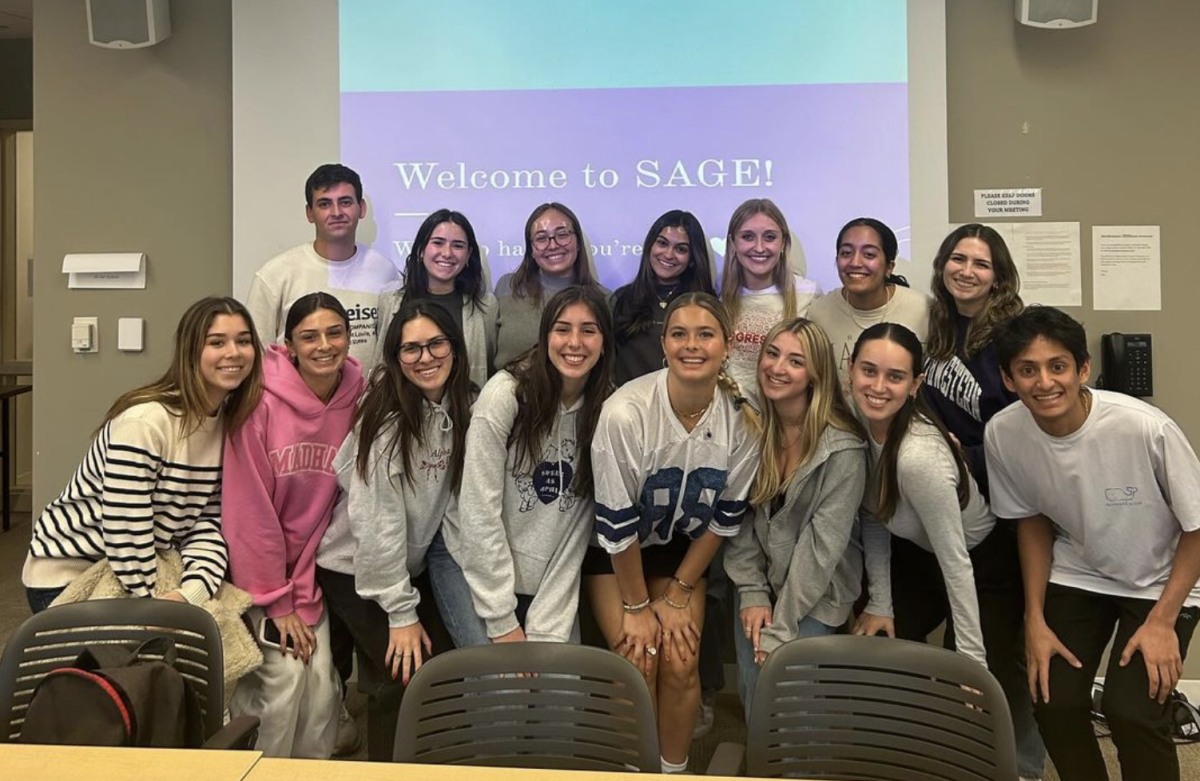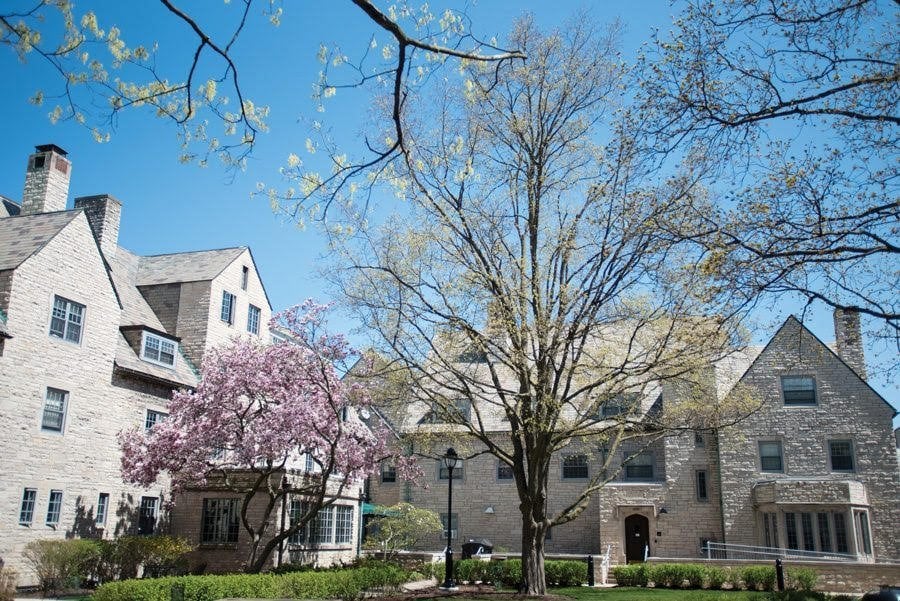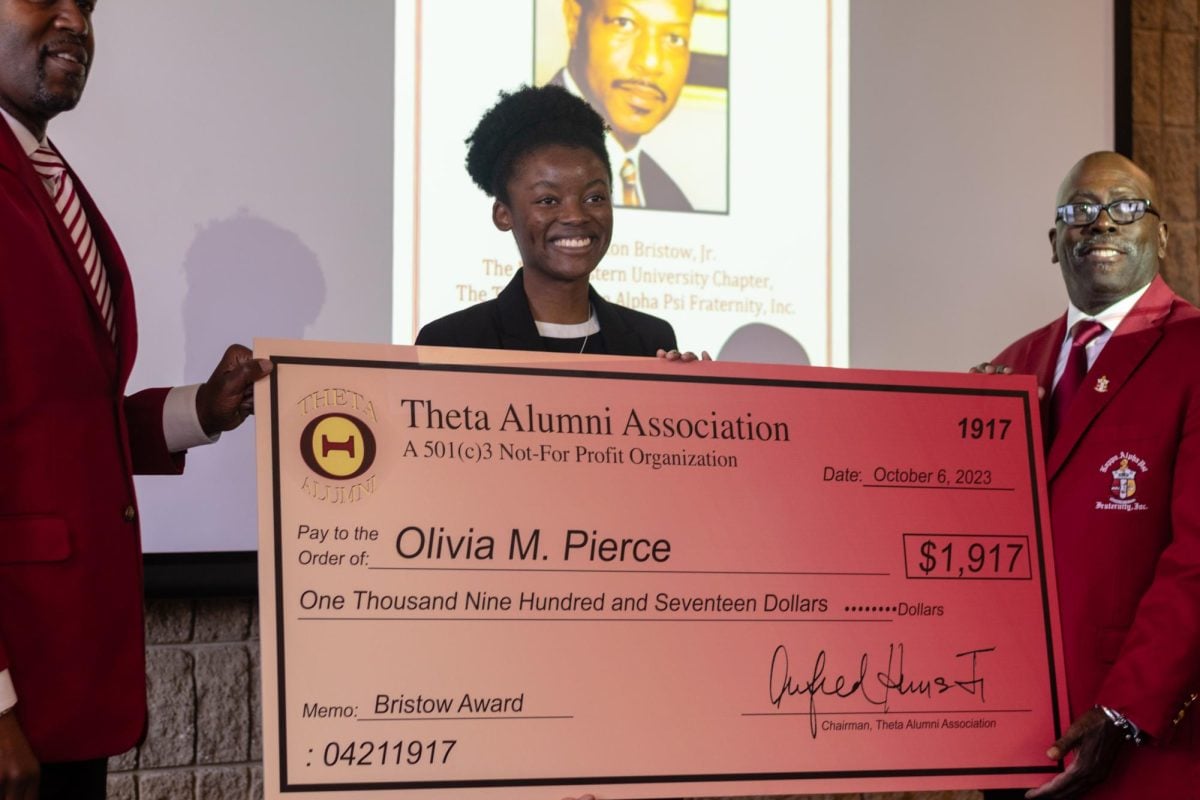Northwestern Community Development Corps held “Real Food for Thought,” a panel discussion Wednesday centering on the need for sustainable food in the NU, Evanston and Chicago communities.
The event drew about 35 students to participate in the discussion in Annenberg Hall, 2120 Campus Drive. The panel consisted of five women from a wide range of backgrounds and organizations, such as Schools Actively Gardening in Evanston, Edible Evanston and Green City Market in Chicago. The panelists answered questions from the crowd and offered many opportunities for student involvement in their nutrition-related organizations.
“The goal is to educate the NU community on things about the Real Food Movement in Evanston and Chicago – so on a more local level – and show how NU students can get involved,” said SESP senior and NCDC co-chair Kathryn Anderson.
NCDC is a student group that seeks to engage students in Northwestern, Evanston and Chicago community involvement through civic service and social justice awareness. Each quarter, the group hosts a few lectures on various social justice topics. This quarter, the group decided to discuss sustainable food in light of the Living Wage Campaign and NU’s Real Food group, which is pushing for more locally grown and unprocessed food in NU dining halls. Throughout the week the NU Real Food Coalition members advertised petitions for students to sign to advocate for better and more local food for the dining halls. Former Daily staffer Caroline Dzeba, a Weinberg senior and co-chair of the NCDC dialogue committee, said the Real Food Coalition has accumulated over 1,000 signatures.
Weinberg senior and NCDC co-chair Rachel Rosen said she thinks this is a resonant topic among college students.
“Food nutrition is at the intersection of many social justice issues and the intersection of many student groups and programs like Sodexo,” Rosen said. “It’s not just one social justice issue. It’s a collaborative issue of many groups.”
McCormick junior Paige Humecki said she was interested in the discussion because she wanted to know what the city and other non-profit organizations were doing to improve food. She also said she was recently hired as the SodexoUSA sustainability intern and is working with the Real Food Coalition to create a more locally sustainable food system in the dining halls.
Humecki said it is not simple to obtain more local or more organic food because the dining halls have contract obligations to certain companies. Though the dairy and the baked food comes from local areas, often the food distributors do not know where the food is coming from, making it difficult to organize for more local food.
“I’m really excited to see what the community is doing with all different collaborations,” Humecki said. “I hope to be a part of it.”
In addition to connecting Sodexo with student groups such as Students for Ecological and Environmental Development and Design for America, Humecki created a newsletter informing the NU community about her efforts. She said she is excited the dining halls will start composting food waste.
The discussion impressed many of the other student participants. Weinberg senior Nathan Garrett said he came to the discussion because he has a strong interest in agriculture and the food industry.
“It was a good panel because it represented a bunch of different perspectives, from an elementary school teacher to freer spirited real food advocates,” Garrett said. “Their personal stories are really important.”
